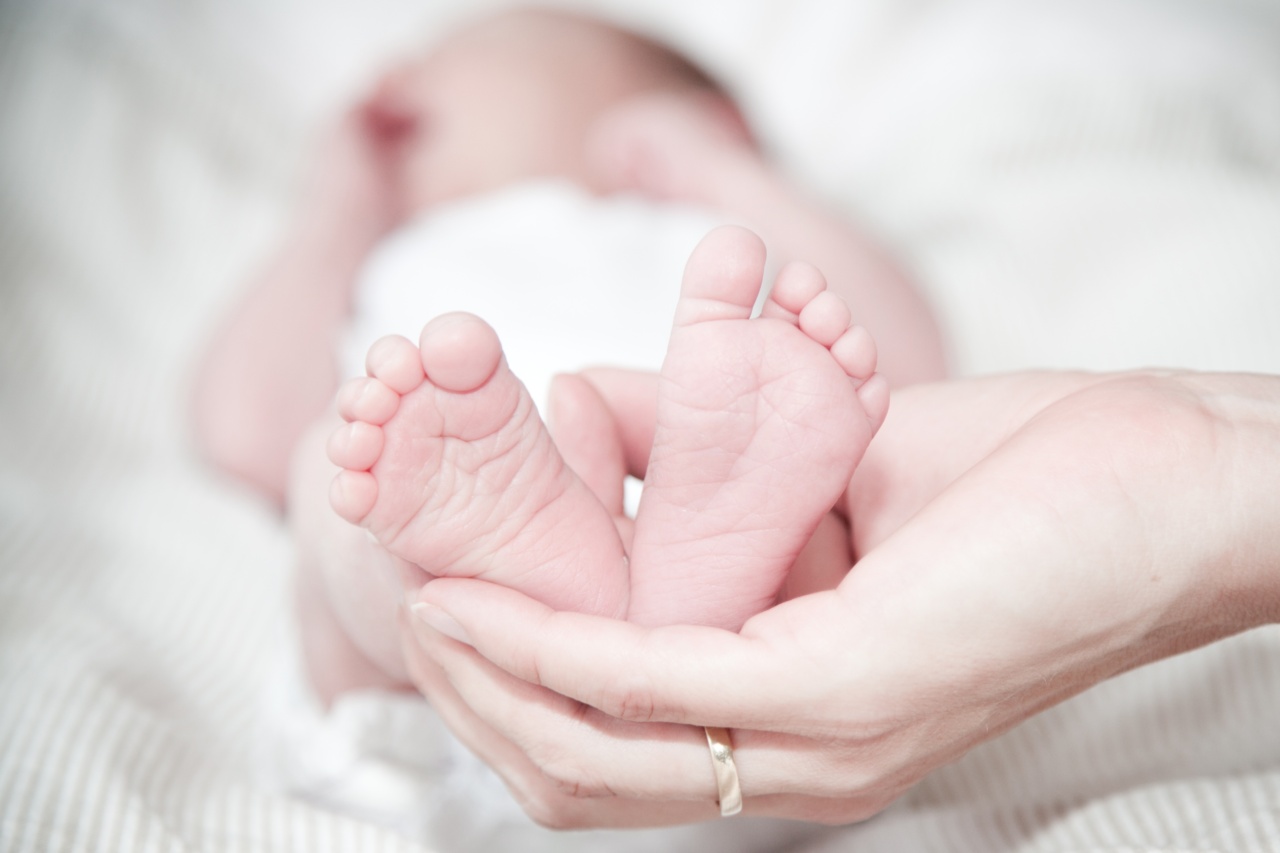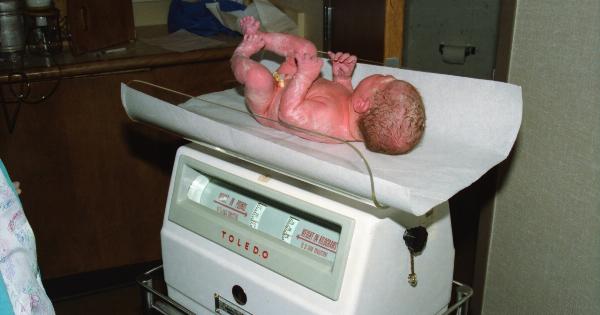One of the most common questions among expecting parents is how much their baby should weigh at birth.
The truth is, there is no one-size-fits-all answer to this question as a baby’s weight can vary based on various factors, including genetics, sex, and gestational age. In this article, we will explore the average weight range for newborns and factors that can influence their weight at birth.
What is the Average Birth Weight?
The average birth weight for a full-term baby is approximately 7 pounds (3.2 kilograms). However, a healthy baby can weigh anywhere between 5 pounds 8 ounces (2.5 kilograms) to 8 pounds 13 ounces (4 kilograms).
Low birth weight is considered when a newborn weighs less than 5 pounds 8 ounces (2.5 kilograms).
Very low birth weight is when a baby is born weighing less than 3 pounds 5 ounces (1.5 kilograms), while extremely low birth weight is when a baby weighs less than 2 pounds 3 ounces (1 kilogram) at birth. Babies with low birth weight often require special attention and care to survive and thrive.
Factors That Influence a Baby’s Birth Weight
Several factors can influence how much a baby weighs at birth.
Genetics
Genetics play a significant role in determining a baby’s birth weight. If parents are taller or larger in size, there is a higher likelihood of the baby being born larger too.
Sex
On average, male babies tend to weigh slightly more at birth than female babies. However, this difference is not significant, and both sexes generally fall within the healthy weight range.
Gestational Age
The gestational age of a baby, or the number of weeks they have spent in the uterus, can significantly affect their birth weight.
A baby born at full term, which is between 37-42 weeks, usually weighs between 6 pounds and 9 pounds, depending on other factors. However, if a baby is born preterm, they may weigh significantly less than babies born at full-term. Similarly, a baby born after 42 weeks or more may weigh more than average, but this can also pose some risks to the mother and baby if left untreated.
Maternal Health
A mother’s overall health during pregnancy can also affect the baby’s weight at birth. Women with certain health conditions like gestational diabetes, high blood pressure, or thyroid problems may have larger babies.
Conversely, women who smoke cigarettes, drink alcohol, or use drugs while pregnant tend to have babies with lower birth weight.
What Happens if a Baby Has Low Birth Weight?
Babies with low birth weight are at higher risk for many health problems, both in the early weeks of life and as they grow older. Low birth weight babies may have difficulty feeding, maintaining their body temperature, and fighting off infections.
They may also experience developmental difficulties later on in life, such as delays in walking, talking, and interacting with others. Therefore it’s essential that extra care and attention is given to babies with low birth weight to ensure they develop well.
Conclusion
While the range for a healthy newborn weight can vary, most babies born at full termweigh between 5 pounds 8 ounces and 8 pounds 13 ounces.
However, several factors can influence a baby’s birth weight, including genetics, sex, gestational age, and maternal health. Parents should consult their doctor or midwife if they have concerns about their baby’s weight or overall health.
Low birth weight can potentially cause various health issues, so it’s essential to give special attention to smaller newborns to ensure they thrive.




























